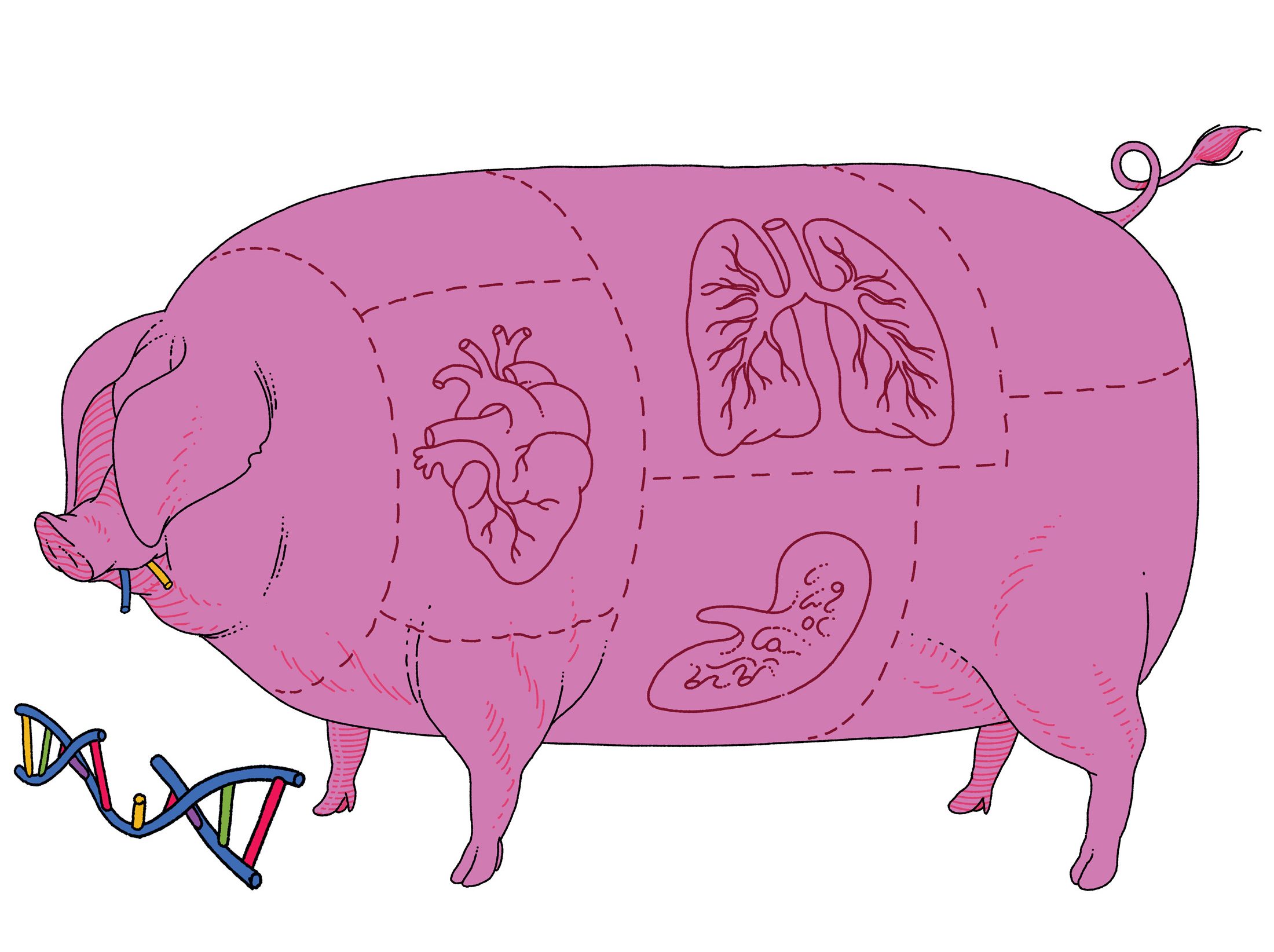Zoe Chakraborty (9) | STAFF REPORTER
Most fictional works have their necessary villains; for example, the evil genius Moriarty in Sherlock Holmes or the corruptness of society that is featured in the Squid Game. It’s what gives these stories their special ingredient that lights a spark in the arc, the characters, and the thoughts of the readers. But should there be restrictions on the portrayal of immorality in creative works?





